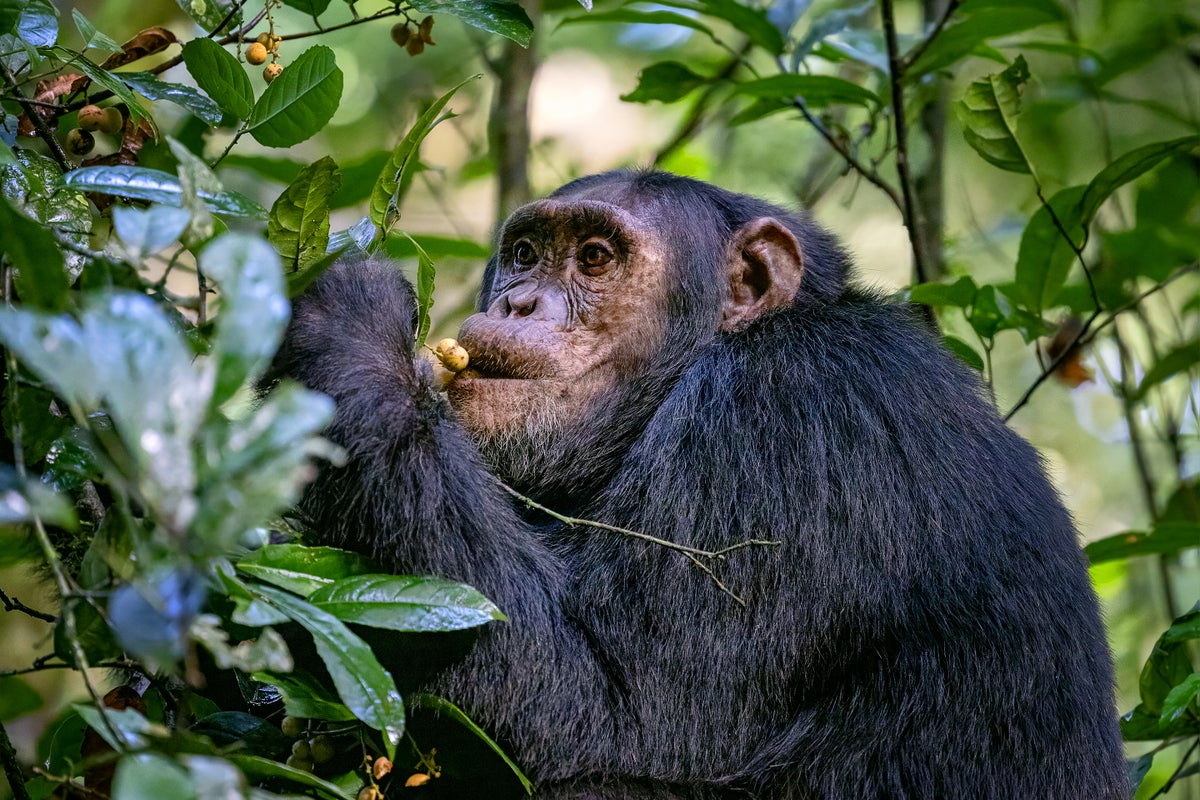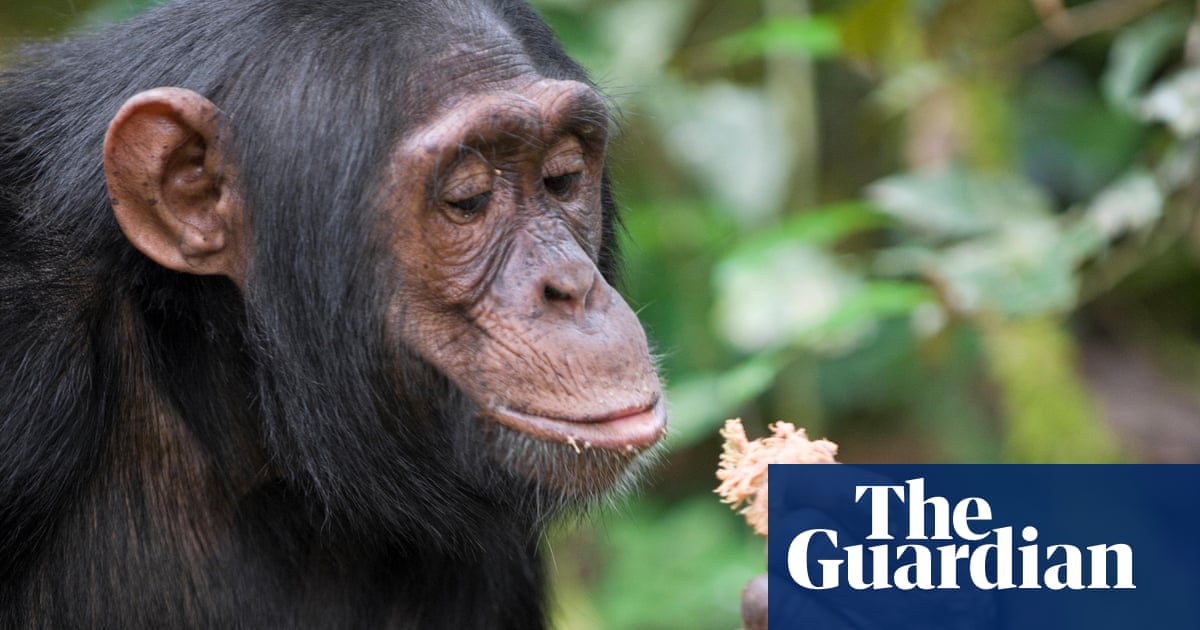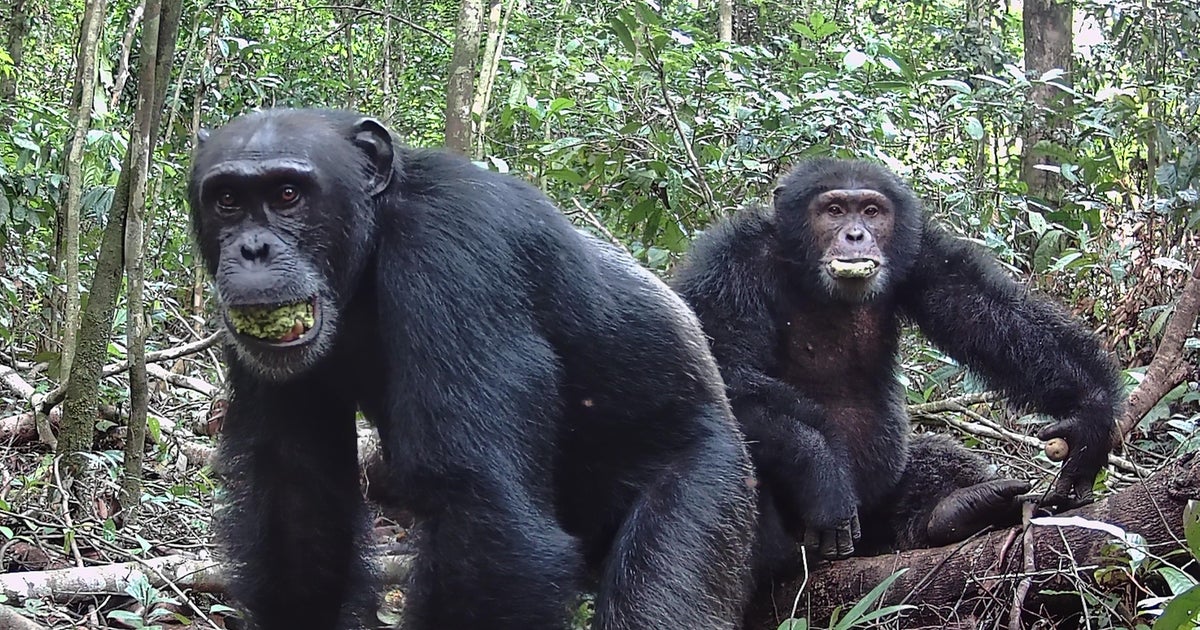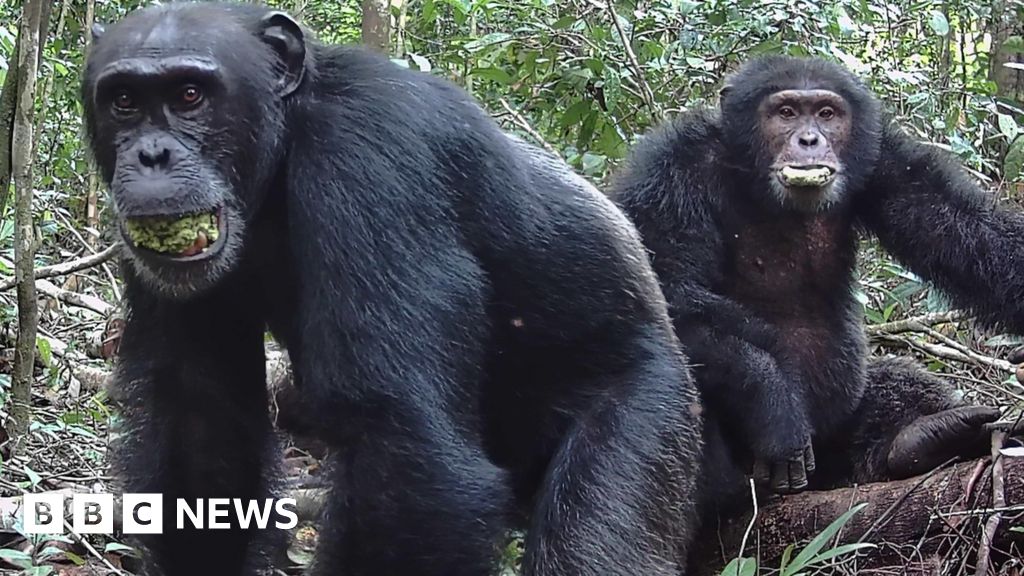Studies Reveal Widespread Alcohol Consumption in Animal Kingdom
New studies indicate that alcohol consumption is prevalent across the animal kingdom, with chimpanzees regularly consuming the equivalent of a beer daily from naturally fermented fruits.
Subscribe to unlock this story
We really don't like cutting you off, but you've reached your monthly limit. At just $5/month, subscriptions are how we keep this project going. Start your free 7-day trial today!
Get StartedHave an account? Sign in
Overview
- Research indicates that various species across the animal kingdom, including chimpanzees, regularly engage in the consumption of naturally occurring alcohol.
- Specifically, chimpanzees have been observed to consume fermented fruit, ingesting an amount of alcohol roughly equivalent to one beer per day.
- This widespread behavior suggests that the interaction with ethanol is a common biological phenomenon, not exclusive to human societies.
- The findings challenge previous assumptions about alcohol consumption, highlighting its natural presence and integration within diverse ecosystems.
- These studies contribute to a broader understanding of animal diets and behaviors, revealing an unexpected aspect of their natural foraging habits.
Report issue

Read both sides in 5 minutes each day
Analysis
Center-leaning sources cover this scientific story neutrally, presenting research findings on chimpanzee alcohol consumption without loaded language or overt bias. They provide context for the "drunken monkey" hypothesis, include diverse expert opinions, and even a cautionary note that the chimps weren't getting drunk, ensuring a balanced and informative report.
Articles (4)
Center (2)
FAQ
Various animals consume alcohol naturally, including chimpanzees, oriental hornets, fruit flies, wasps, bees, monkeys, elephants, and many others across the animal kingdom.
Oriental hornets have multiple copies of a gene responsible for producing an enzyme that breaks down alcohol. This genetic adaptation allows them to consume large amounts of alcohol chronically without intoxication or illness and rapidly eliminate it from their bodies.
Animals may consume ethanol as a source of calories and potentially for medicinal benefits. Some species, like fruit flies, appear to use ethanol for self-medication to protect themselves from parasites. However, the exact ecological and evolutionary roles of ethanol consumption remain subjects for further research.
The widespread presence of alcohol consumption among animals suggests it is a common biological phenomenon influencing animal diets and behaviors. It challenges previous assumptions and indicates that ethanol plays an ecological role affecting cognition, sociality, and physiology in various species.
Yes, various animal models exist, particularly in rodents, where researchers study patterns of voluntary and excessive alcohol consumption using techniques like the two-bottle choice preference paradigm. These models help understand alcohol use disorders and test pharmacological treatments.
History
- This story does not have any previous versions.




